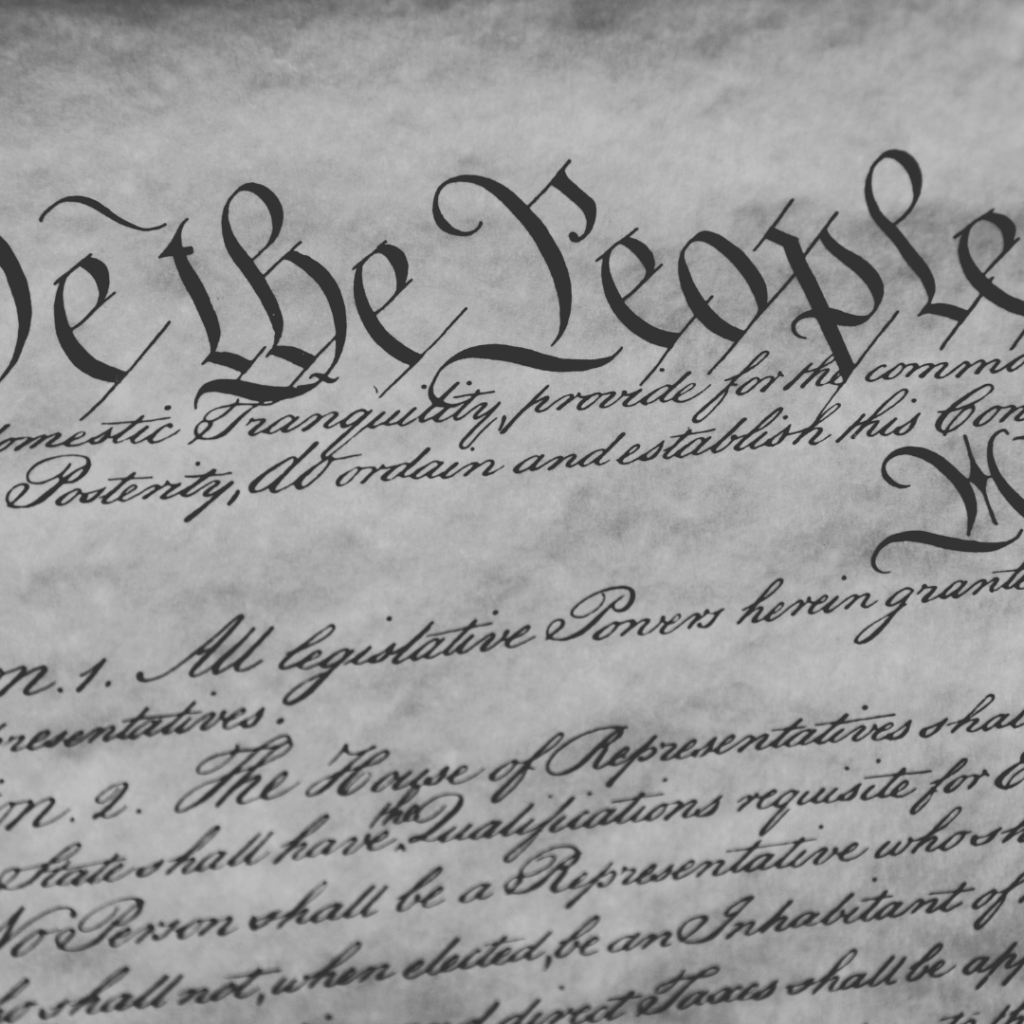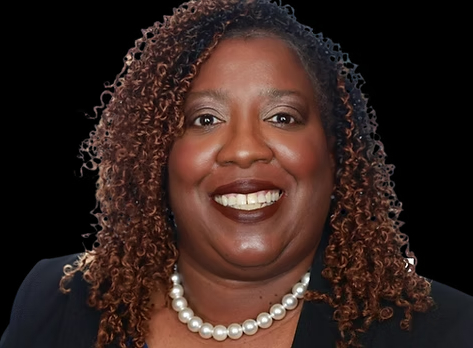John Migueis
Being that I’m the one that puts our articles on the socials I have a lot of the discussion surrounding the Charlie Kirk incident coming across my feed. I didn’t really know much about him – his content isn’t part of the media I consume. From what I gather his approach was to publicly debate people and he was usually supportive of President Trump’s positions.
While I may not agree with much or any of his positions, he was doing it the right way.
Before I get into this, I should be clear that I did not vote for Trump in either election. I am very opposed to his immigration policies, economic approach (especially on tariffs), his blind support for law enforcement (something he has in common with the left) and his binary view of the situation on the Middle East (I also disagree with my friends on the left with their binary view of the Middle East).
His positions make me angry.
Anger is not a bad emotion – it has been necessary for our survival and social change.
It motivates us to fight for change, to overcome obstacles to goals and to correct what we believe are injustices. In America, we have ways of dealing with anger in political contexts. We live in a country that allows us to speak freely, campaign for candidates or even run for office. We can go to public meetings and stand face to face with elected representatives and disagree with them openly and loudly. Anger that motivates us to take advantage of this incredible, underappreciated and often underutilized right is what makes representative government in civil societies work.
We have processes to hold elected representatives accountable. The Courts, Ethics boards, OPRA, opinion columns, social media and voting booths. These are imperfect mechanisms against a political class that is armed with tax-funded attorneys, billion dollar campaign coffers, machine operatives and public relations firms. Despite their imperfections they can lead to effective outcomes and level some degree of consequence and change.
These mechanisms allow us to fight for change without shedding blood. They force us, as a society, to hone our arguments and ground our positions in facts because in order to achieve what we want we have to convince people that what we are arguing has merit. And while slow and incremental, change can happen in a manner that allows us to still be united as a culture and a people.
Violence can feel like a very easy solution – eliminate who you do not like quickly and scare everyone else who agrees with them to silence.
While this might feel satisfying it is the starting point for the very society you would not want to live in – history has borne this out time and time again.
Every generation is entrusted to hold this genius, imperfect system created over 200 years ago. This system that is anchored in the belief that all men are created equal, that government is accountable to its people and that we are governed by laws not men – is sacred. While the ideals that founded our country started in Europe – we are the very first application, the first country that put them into practice.
These issues that we disagree about are temporary problems that will evolve and change over time. We have always figured these out as a country while keeping our original gift intact. This young, beautiful, awesome and incredible freedom we enjoy in a society is indeed constantly threatened by money and power however, once your side picks up a gun eventually the other side figures out they can do the same thing and from that chaos it becomes a system of strongmen and dictators.
The most important role we have as a country is to teach the next generation how to advocate for change the right way so that the very thing we all want (maybe through different lenses) is still possible. To arm them with how to tolerate differing viewpoints, no matter how offensive and to debate and advocate for change effectively. It is our greatest responsibility.
In order for this to happen we need to model the behavior. Tolerate positions you disagree with and debate on the facts. Avoid censoring political viewpoints you don’t like and instead, engage and argue. Show up to a Town Council or BOE Meeting and hold your local representatives accountable. Run for Office. Support someone running for office. File an OPRA request to get information on something that does not seem right and investigate. Write an Op-ed. Join a Protest. Wear a t-shirt that has a controversial political message. Donate to the progressive groups, conservative groups, libertarian groups.
Do anything but pick up a gun.
The moment you do, you’re not just striking at an opponent — you’re striking at the very possibility of change itself and selfishly betraying your responsibility in preserving the opportunity for the next generation to make this incredible and fragile experiment stronger and work better.
The opinions expressed in this article are those of the individual author
|



